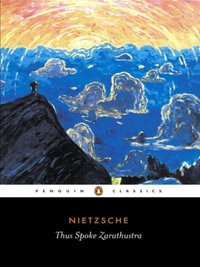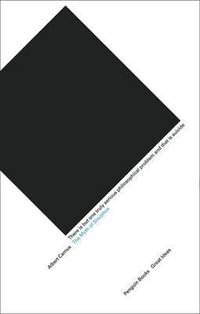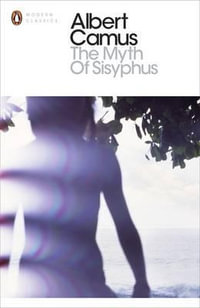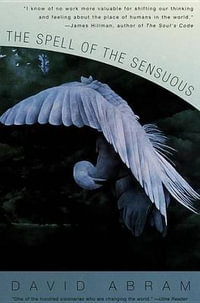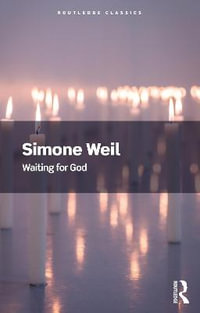Volume One Circumscriptions: Classic Essays On Husserl's Phenomenology 1. Gottlob Frege, 'Review of Dr. E. Husserl's Philosophy of Arithmetic,' trans. E. Kluge, Mind 81, 1972, pp. 321-337. 2. 'Frege-Husserl Correspondence,' in J. N. Mohanty, Husserl and Frege, (Bloomington: Indiana UP, 1982), pp. 112-126. Partially reprinted from 'Frege-Husserl Correspondence,' The Southwestern Journal of Philosophy 5, 3, pp. 83, 112-126. 3. Paul Natorp 'On the Question of Logical Method in Relation to Edmund Husserl's Prolegomena to Pure Logic,' trans. J. N. Mohanty, in J. N. Mohanty, ed.,Readings on Edmund Husserl's Logical Investigations (The Hague: Martinus Nijhoff, 1977), pp. 55-66. 4. Martin Heidegger 'Categorial Intuition,' in Theodore Kisiel, trans., History of the Concept of Time (Bloomington: Indiana UP, 1992), pp. 47-72. 5. Roman Ingarden, 'About the Motives which Led Husserl to Transcendental Idealism,' in Dale Riepe, ed., Phenomenology and Natural Existence: Essays in Honor of Martin Farber (Albany: State U of New York P, 1973), pp. 95-117. 6. Alfred Schutz, 'The Problem of Transcendental Intersubjectivity in Husserl,' in I. Schutz, ed., Collected Papers III: Studies in Phenomenological Philosophy, Phaenomenologica Vol. 22, (The Hague: Martinus Nijhoff, 1975), pp. 51-84. 7. Aron Gurwitsch 'Contribution to the Phenomenological Theory of Perception,' in Studies in Phenomenology and Psychology, (Evanston: Northwestern UP, 1966), pp. 332-349. 8. Ludwig Landgrebe, 'Husserl's Departure from Cartesianism,' trans. R. O. Elveton, in R. O. Elveton, ed., The Phenomenology of Husserl: Selected Critical Readings, (Chicago: Quadrangle Books, 1970), pp. 259-306. 9.Eugen Fink 'The Phenomenological Philosophy of Edmund Husserl and Contemporary Criticism,' trans. R.O. Elveton, in R. O. Elveton, ed., The Phenomenology of Husserl: Selected Critical Readings, (Chicago: Quadrangle Books, 1970), pp. 73-147. 10.Eugen Fink 'Operative Concepts in Husserl's Phenomenology,' trans. William McKenna, Robert M. Harlan, and Laurence E. Winters, in William McKenna, Robert M. Harlan, and Laurence E. Winters, eds., Apriori and World: European Contributions to Husserlian Phenomenology (The Hague: Martinus Nijhoff, 1981), pp. 56-70. 11. Jean Paul Sartre, 'Intentionality: A Fundamental Idea of Husserl's Phenomenology,' trans. Joseph P. Fell, Journal of the British Society for Phenomenology, 1, 1970-71, pp. 4-5. 12. Emmanuel Levinas 'Intentionality and Sensation,' trans. Richard A. Cohen and Michael B. Smith, in Richard A. Cohen and Michael B. Smith, eds., Discovering Existence With Husserl (Evanston: Northwestern UP,1998), pp. 135-150. 13. Jan Patocka, 'Der Subjektivismus der Husserlschen und die Forderung einer asubjektiven Phanomenologie,' in Klaus Nellen, Jirì Nemec, and Ilja Srubar, eds., Die Bewegung der menschlichen Existenz: Phanomenologische Schriften II, (Stuttgart: Klett-Cotta, 1991), pp. 286-309. 14. Maurice Merleau-Ponty, 'The Philosopher and His Shadow,' trans. Richard C. McCleary, in Richard C. McCleary, ed., Signs (Evanston: Northwestern UP, 1964), pp. 159-181. 15. Paul Ricoeur, 'Kant and Husserl,' trans. Edward G. Ballard and Lester E. Embree, in Husserl: An Analysis of His Phenomenology (Evanston: Northwestern UP, 1967), pp. 175-201. 16. Walter Biemel 'The Decisive Phases in the Development of Husserl's Philosophy,' trans. R. O. Elveton, in R. O. Elveton, ed., The Phenomenology of Husserl: Selected Critical Readings, (Chicago: Quadrangle Books, 1970), pp. 148-173. 17.Jacques Derrida''Genesis and Structure' and Phenomenology,' in A. Bass, trans., Writing and Difference(London: Routledge & Kegan Paul, 1978), pp. 154-168.<BR

